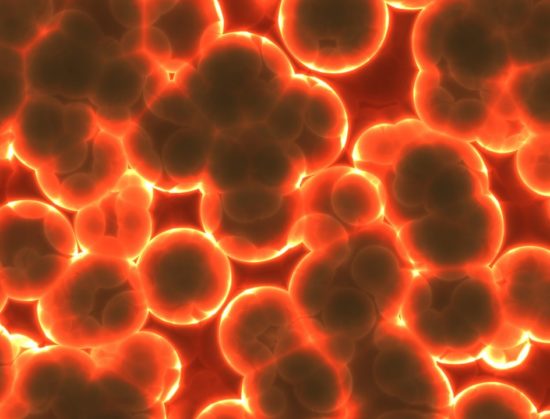ESKAPE pathogens rapidly develop resistance against antibiotics in development in vitro
The study reveals that resistance to 13 antibiotics introduced after 2017 or currently in development can render them ineffective. Clinically relevant resistance occurs within 60 days of antibiotic exposure in priority Gram-negative ESKAPE pathogens. Resistance mutations are already present in natural populations, suggesting resistance can emerge through selection of pre-existing bacterial variants. Functional metagenomics revealed mobile resistance genes prevalent in clinical bacterial isolates, soil, and human gut microbiomes. Some combinations of antibiotics and bacterial strains are less prone to resistance, suggesting potential narrow-spectrum antibacterial therapies.
AMR NEWS
Your Biweekly Source for Global AMR Insights!
Stay informed with the essential newsletter that brings together all the latest One Health news on antimicrobial resistance. Delivered straight to your inbox every two weeks, AMR NEWS provides a curated selection of international insights, key publications, and the latest updates in the fight against AMR.
Don’t miss out on staying ahead in the global AMR movement—subscribe now!







